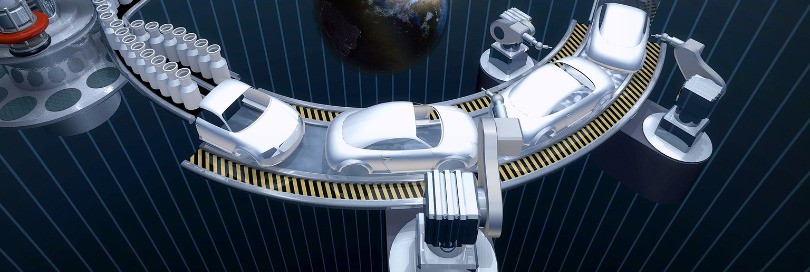The connecting formula in classifying goods under the Harmonized System (HS) Convention
2024-03-17
The language of the Harmonised System (HS) Convention contains many formulas linking goods and their use, such as 'primary', 'principal', 'intended', etc. The HS seems to contain too many of
…
these connection formulae, and the difference between them is not always clear. It is therefore suggested that the World Customs Organisation (WCO) eliminate the undefined terms and look for a method that is as simple as possible. The article below is a short version of the full article, which has been published in the World Customs Journal, 2023, Issue 17(2).
Omer Wagner
€

Komentarai ()
Norėdami parašyti komentarą, turite